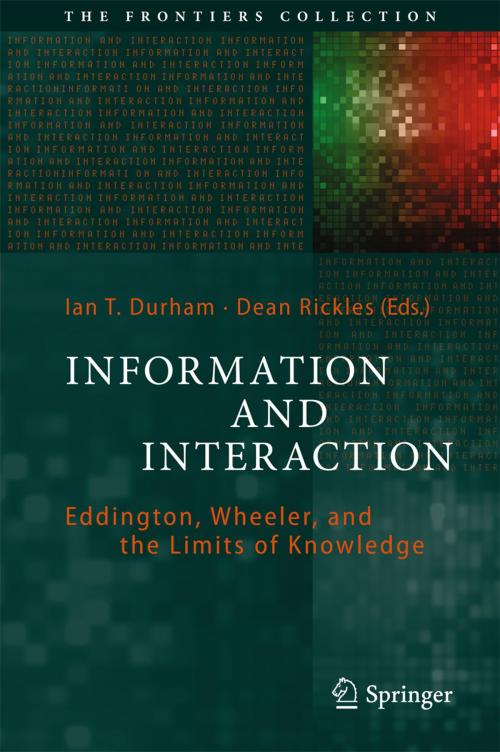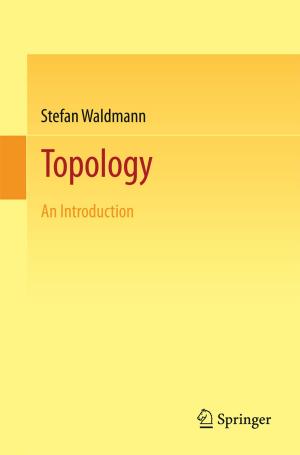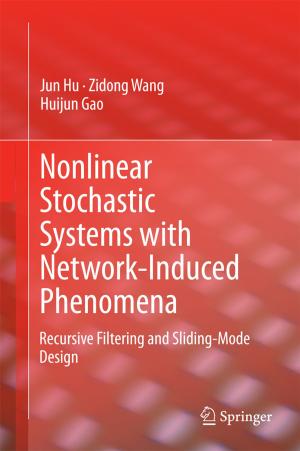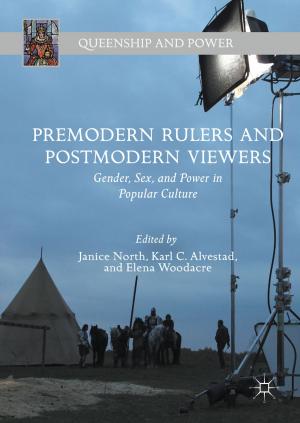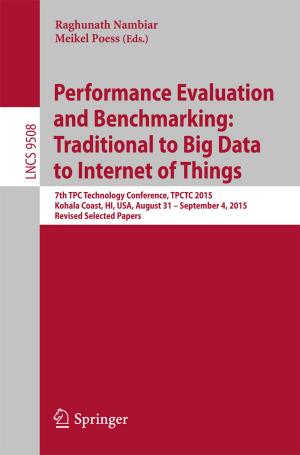Information and Interaction
Eddington, Wheeler, and the Limits of Knowledge
Nonfiction, Science & Nature, Science, Physics, General Physics, Other Sciences, Philosophy & Social Aspects| Author: | ISBN: | 9783319437606 | |
| Publisher: | Springer International Publishing | Publication: | December 9, 2016 |
| Imprint: | Springer | Language: | English |
| Author: | |
| ISBN: | 9783319437606 |
| Publisher: | Springer International Publishing |
| Publication: | December 9, 2016 |
| Imprint: | Springer |
| Language: | English |
In this essay collection, leading physicists, philosophers, and historians attempt to fill the empty theoretical ground in the foundations of information and address the related question of the limits to our knowledge of the world.
Over recent decades, our practical approach to information and its exploitation has radically outpaced our theoretical understanding - to such a degree that reflection on the foundations may seem futile. But it is exactly fields such as quantum information, which are shifting the boundaries of the physically possible, that make a foundational understanding of information increasingly important. One of the recurring themes of the book is the claim by Eddington and Wheeler that information involves interaction and putting agents or observers centre stage. Thus, physical reality, in their view, is shaped by the questions we choose to put to it and is built up from the information residing at its core. This is the root of Wheeler’s famous phrase “it from bit.” After reading the stimulating essays collected in this volume, readers will be in a good position to decide whether they agree with this view.
In this essay collection, leading physicists, philosophers, and historians attempt to fill the empty theoretical ground in the foundations of information and address the related question of the limits to our knowledge of the world.
Over recent decades, our practical approach to information and its exploitation has radically outpaced our theoretical understanding - to such a degree that reflection on the foundations may seem futile. But it is exactly fields such as quantum information, which are shifting the boundaries of the physically possible, that make a foundational understanding of information increasingly important. One of the recurring themes of the book is the claim by Eddington and Wheeler that information involves interaction and putting agents or observers centre stage. Thus, physical reality, in their view, is shaped by the questions we choose to put to it and is built up from the information residing at its core. This is the root of Wheeler’s famous phrase “it from bit.” After reading the stimulating essays collected in this volume, readers will be in a good position to decide whether they agree with this view.
